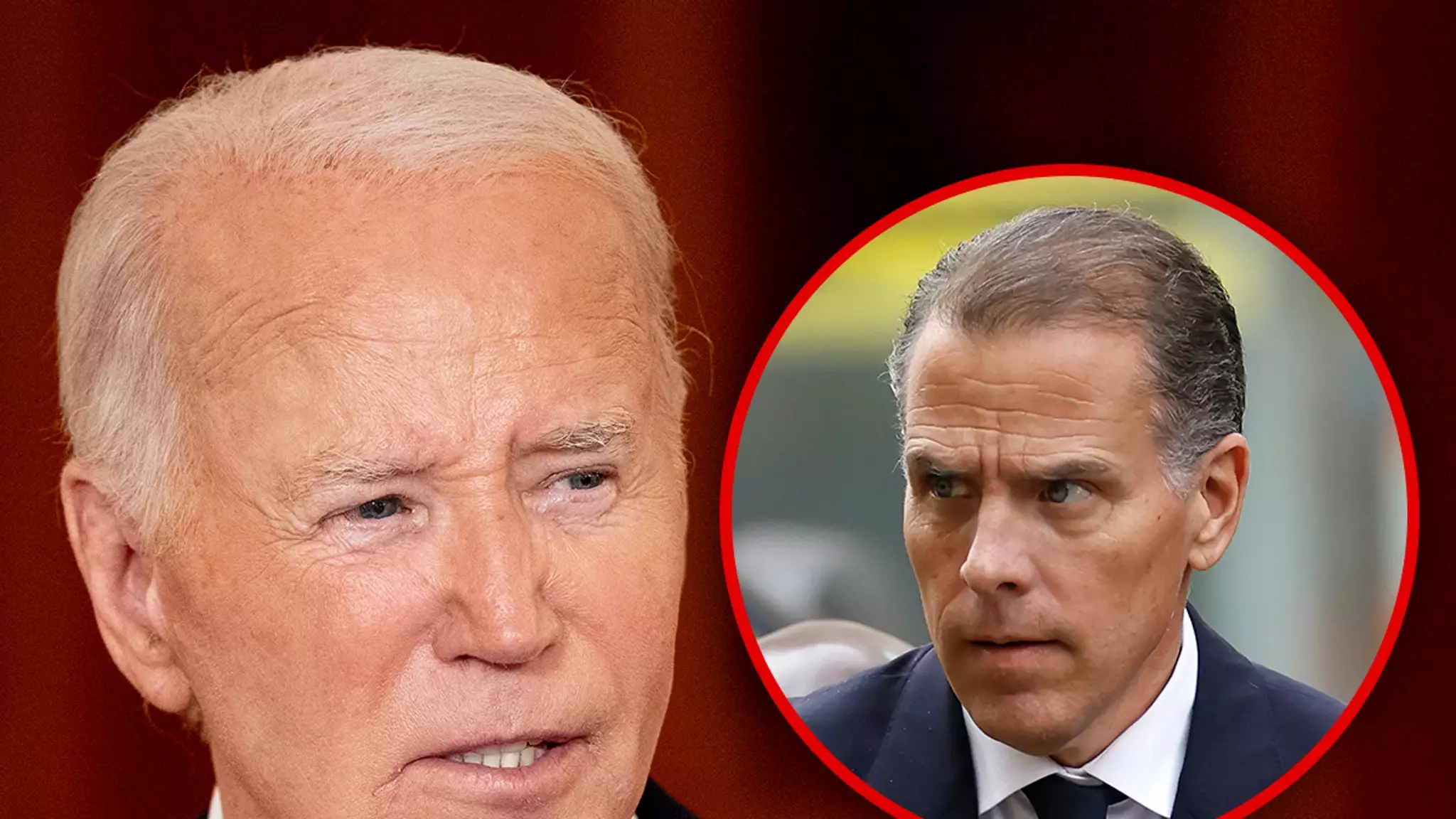President Biden’s recent decision to pardon his son, Hunter Biden, marks a significant moment in both political and personal arenas. While some may perceive this as a spontaneous act of a father defending his son, reports indicate that this was a meticulously conceived plan that had been in the works for several months. The complicated interplay between familial loyalty and political implications raises questions about the transparency and integrity of the judicial process in high-profile cases.
Initial interactions regarding Hunter’s legal issues began to escalate back in June of the previous year when a plea deal was dismissed by a judge. President Biden, despite his position, found himself unsettled by the perceived injustices faced by his son, particularly feeling that Hunter was being utilized as a political tool in the broader discourse. This sentiment of agitation came not only from a father’s instinct to protect his child but also from an acute awareness of how public figures can become embroiled in politically charged narratives.
Hunter’s recent legal battles, including his past conviction on gun charges and subsequent tax-related allegations, have remained under intense public scrutiny. While his legal team appeared confident about successfully contesting the tax charges, Hunter ultimately decided to plead guilty. This choice led to an array of speculation regarding his legal strategy: Was it a calculated risk fueled by rehabilitation possibilities, or did it signal a deeper understanding of his father’s planned interventions?
The extraordinary decision for Biden to grant a pardon demands further examination of the intentions underlying it. The presidential release suggested that Hunter’s treatment diverged from that of other individuals facing similar charges, stressing the notion that the justice system had been compromised against him due to his familial ties. This narrative, while politically charged, invites scrutiny of the ethics surrounding interventions that may prioritize personal connections over equitable treatment under the law.
Despite a prior commitment where Biden asserted he would refrain from pardoning his son, the evolving circumstances suggest that this reversal was not merely impulsive. Instead, it illustrates a striking dynamic between personal responsibility and political pressure, particularly concerning a case so heavily magnetized to public scrutiny.
The Broader Implications
In a landscape where justice becomes entwined with political fortune, Hunter Biden’s case represents just one of the many scenarios that illuminate the challenges within the legal frameworks governing public figures. The balance between justice and familial allegiance is precarious and often contentious, raising the question: how much do personal narratives influence legal outcomes in cases perceived as politically motivated?
Ultimately, President Biden’s pardon signals not only a father’s protective instinct but also a complex interaction of legal strategy, public perception, and political loyalty. As society confronts these overlapping identities, the scrutiny of such decisions will continue to underscore the challenges that arise when familial ties meet the unforgiving glare of public life.

Leave a Reply